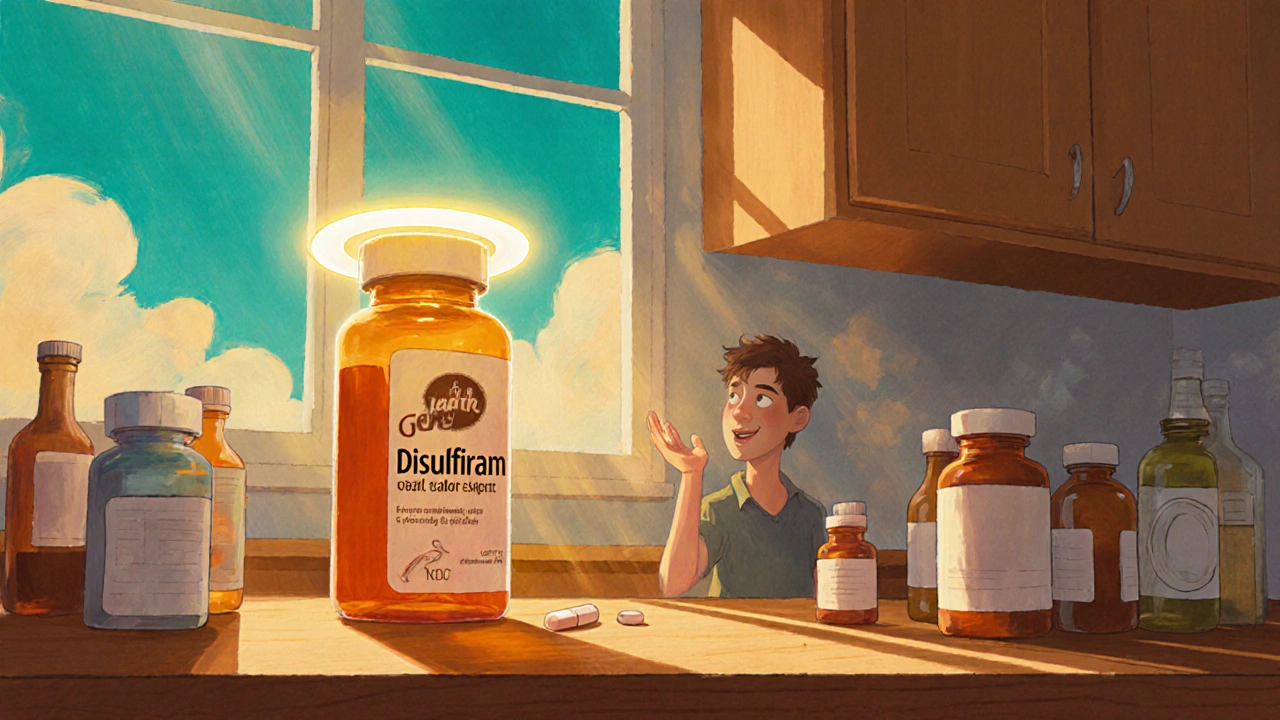Alcohol Use Disorder Treatment: What Works and What to Avoid
When someone struggles with alcohol use disorder, a medical condition where drinking causes harm to health, relationships, or daily life. Also known as alcohol addiction, it’s not a lack of willpower—it’s a brain chemistry issue that needs real treatment. Millions live with it, and too many think they have to hit rock bottom before help is possible. That’s not true. Effective treatment starts the moment someone wants change, not after they’ve lost everything.
Medication for alcohol dependence, like naltrexone, acamprosate, or disulfiram, is one of the most underused tools in recovery. These aren’t magic pills, but they reduce cravings, block the high from drinking, or make drinking unpleasant—giving the brain time to reset. Studies show people on these meds are more likely to stay sober than those who go it alone. Yet, many doctors don’t offer them, and many patients don’t know they exist.
Behavioral therapy, including cognitive behavioral therapy and motivational interviewing, helps rewire how someone thinks about alcohol. It’s not just talking—it’s learning to spot triggers, build new habits, and handle stress without a drink. Group support like Alcoholics Anonymous helps too, but it’s not the only path. Some people need one-on-one counseling. Others need family therapy. The best treatment fits the person, not the brochure.
Detox is often the first step, but it’s not treatment. Stopping alcohol cold turkey can be deadly if someone’s been drinking heavily for years. Medical supervision during withdrawal keeps people safe. After that, the real work begins: rebuilding life without alcohol. That means fixing sleep, eating better, reconnecting with people, and finding joy in things that don’t involve a bottle.
There’s no single cure. Recovery looks different for everyone. Some stay sober with meds and therapy. Others find strength in community. A few need long-term support. What doesn’t work? Shame. Guilt. Telling someone to just quit. Real progress happens when treatment is personal, practical, and backed by science—not slogans.
Below, you’ll find real comparisons and guides on medications, therapies, and how to navigate treatment without getting lost in noise. Whether you’re asking for yourself or someone you care about, these posts cut through the confusion and show what actually helps.

Disulfiram (Antabuse) vs Alternatives: Comprehensive Comparison for Alcohol Use Disorder
A detailed, side‑by‑side comparison of Disulfiram (Antabuse) with Naltrexone, Acamprosate, and other AUD medications, covering mechanisms, benefits, costs, and practical tips.
Read More




